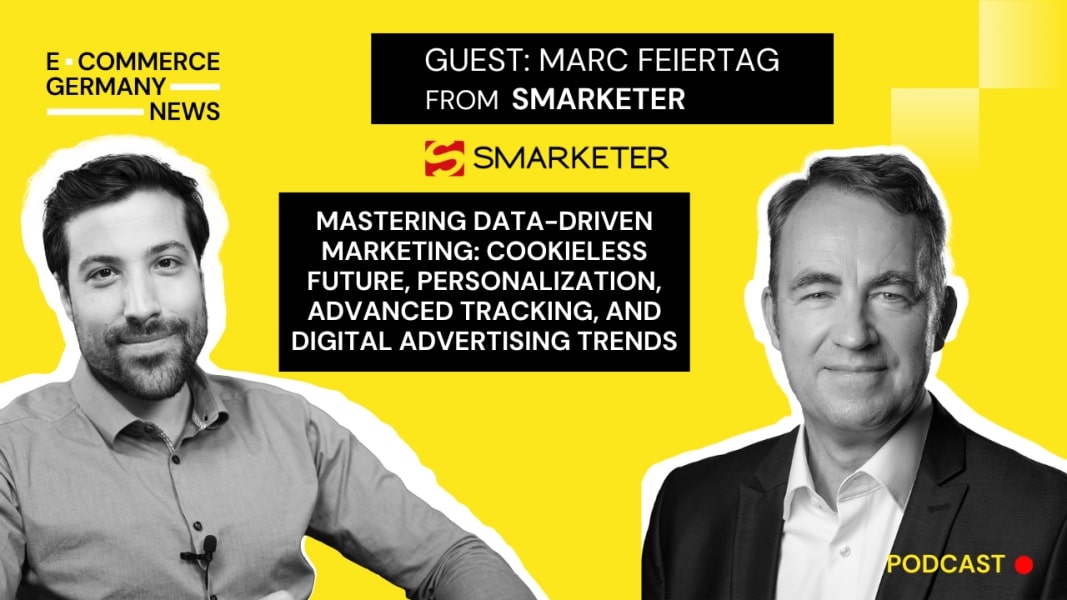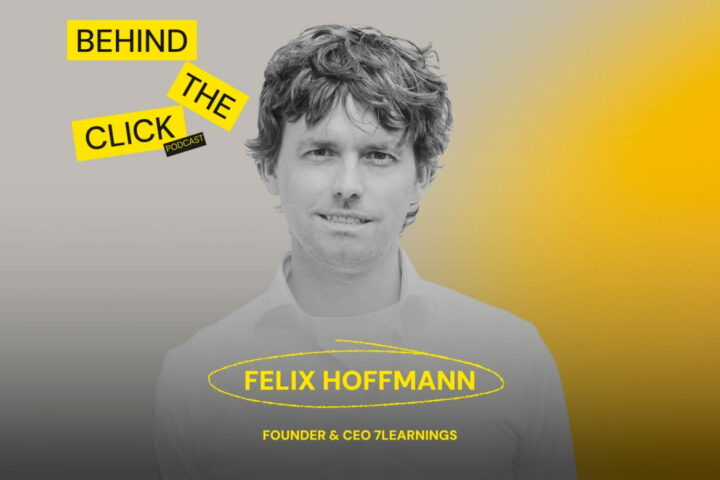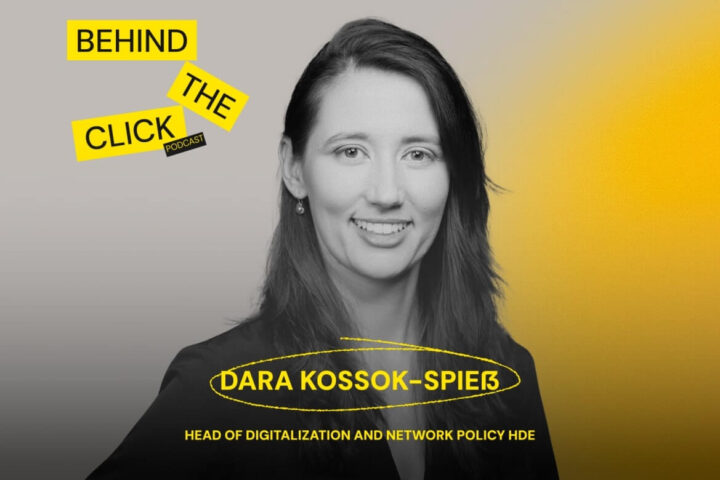Mastering data-driven marketing and cookieless future: Insights from Marc Feiertag of Smarketer on the EGN Podcast
Written by
Editorial TeamPublished on
In this episode of the EGN Podcast, our host Efe von Thenen explores the evolving landscape of data-driven marketing and online advertising with Marc Feiertag, Chief Revenue Officer at Smarketer, one of the leading Google Ads agencies in the DACH region.

In a recent episode of our EGN podcast (autopromotion) hosted by Efe von Thenen, Marc Feiertag, Chief Revenue Officer at Smarketer, shared valuable insights into the evolving landscape of digital advertising. Let’s see what they talked about below!
One of the key takeaways from our interview was the emphasis on upper funnel advertising. Many businesses focus heavily on lower-funnel strategies that prioritize direct conversions, but Marc Feiertag highlighted the importance of building brand awareness and consideration in the earlier stages of the customer journey.
“You also want to make sure that customers start to consider your products or your brand when they’re looking for a certain solution,” Marc Feiertag explained. Platforms like YouTube, with its extensive reach and ability to target niche interest groups, were identified as game-changers for businesses aiming to capture new audiences and prospects.
Navigating a cookieless future
Our guest delved into the challenges of an impending cookieless future and its implications for advertisers. He outlined the distinction between first-party and third-party cookies:
- First-party cookies: Data collected and stored by the company directly on its servers, providing a sustainable way to track customer interactions.
- Third-party cookies: Data stored on a browser level, allowing advertisers to follow users across websites but increasingly restricted by regulations and browser updates.
To prepare for this shift, Marc Feiertag emphasized the need for businesses to rely more on first-party data and innovative tracking methods, such as server-side tracking. This technology allows businesses to bypass challenges like ad blockers and consent refusals while maintaining compliance with privacy regulations.
Challenges and opportunities in digital advertising
Reflecting on the past year, Marc Feiertag acknowledged the economic pressures in the DACH region, which have led businesses to focus more on profitability and efficiency rather than growth. However, he encouraged brands to explore opportunities in other European markets with stronger consumer sentiment.
He pointed to success stories like Poster XXL, which achieved significant growth by diversifying into international markets like Spain.
Future of digital advertising
Looking ahead, Marc Feiertag highlighted the transformative role of AI in digital marketing. Tools like ChatGPT and other generative AI applications are making tasks like ad creation, feed optimization, and campaign analysis more efficient. While repetitive tasks may soon be fully automated, strategic decision-making and cross-channel coordination will continue to require human expertise.
He also predicted the rise of smarter attribution models and Omni-channel marketing strategies, enabling businesses to make data-driven decisions across all platforms.
Top tips for small and medium-sized businesses
Marc Feiertag shared three actionable tips for SMBs navigating the challenges of digital advertising:
- Control your data: Understand your data flows, limitations, and the difference between real and modeled data to make informed marketing decisions.
- Define clear goals: Whether prioritizing efficiency or growth, ensure your objectives are clearly communicated to your team or agency.
- Embrace testing: Be open to experimenting with new channels, creatives, and strategies. Rely on data, not assumptions, to guide decisions.
Conclusion
Marc Feiertag’s insights provide a masterclass in navigating the complexities of digital advertising in 2024 and beyond. From adapting to a cookieless future to leveraging advanced tracking tools, his advice is invaluable for businesses looking to optimize their ad spend and drive meaningful results. Watch the full talk below:
Can’t watch? No problem. It is also available on Spotify and Apple Podcast.
***


